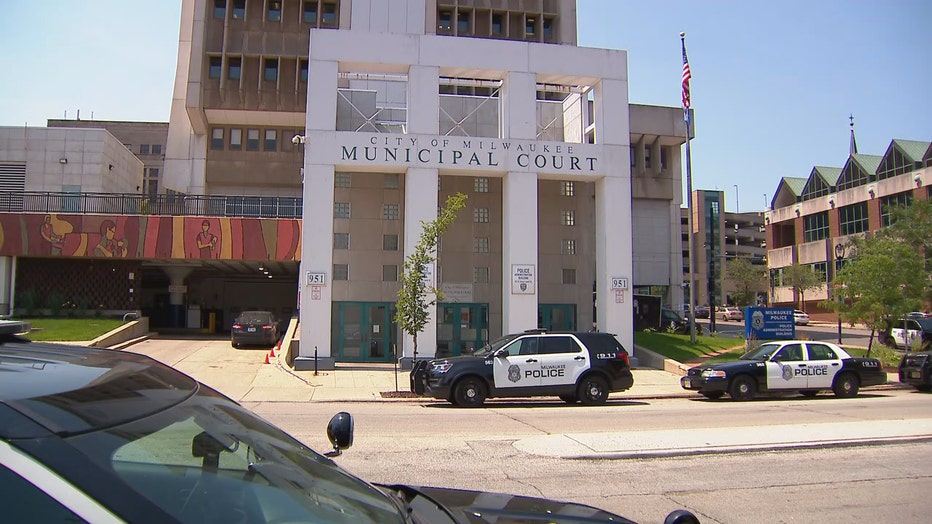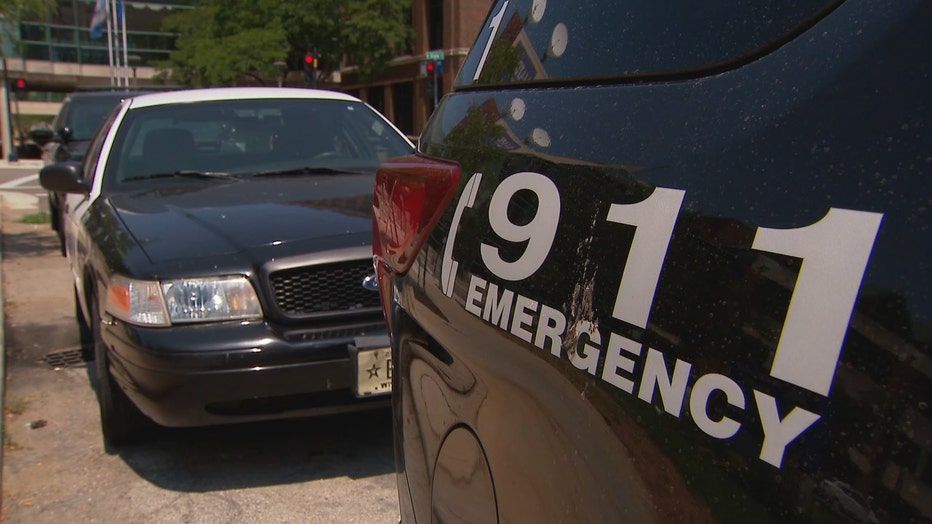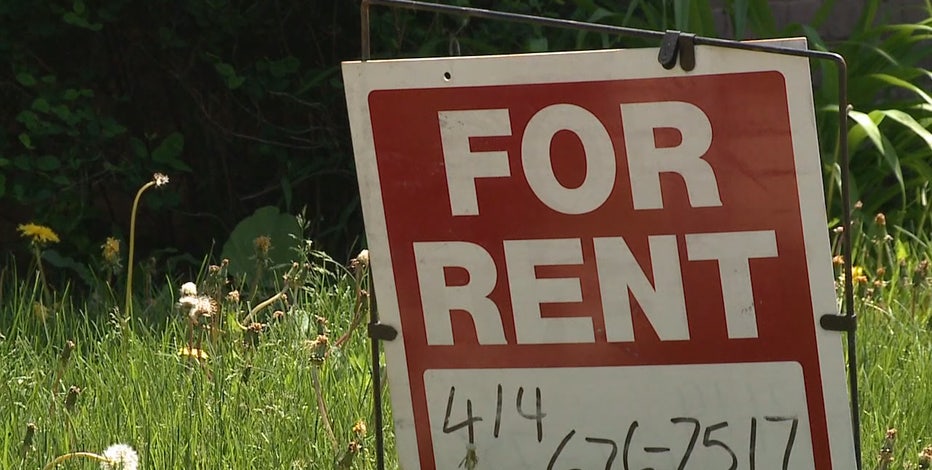Milwaukee police reform, mental health response discussed
MILWAUKEE - Officials say Milwaukee police officers respond to roughly 200,000 calls for service per year – thousands of those related to mental health.
On Friday, July 30, Acting Chief Jeffrey Norman, Alderwoman Chantia Lewis and Milwaukee County Behavioral Health Division Administrator Michael Lappen drilled down on the issues they see after a recent Wisconsin Policy Forum report about Milwaukee's place in the larger police reform discussion.
"What we’ve seen, historically, there has been a need to re-imagine what policing looks like," Lewis said.

Milwaukee Police Department (MPD) administration building
"One of the things the Milwaukee Police Department has always challenged with is the sheer volume," said Norman, estimating 7,000-8,000 calls for what is "deemed a mental health crisis."
FREE DOWNLOAD: Get breaking news alerts in the FOX6 News app for iOS or Android.
"We always could use more resources," Lappen said.
Lewis is part of a newly-formed task force that is looking at ways to divert non-essential calls for service from police to other departments or entities in the city or county.
"The goal is to have specific recommendations," said Lewis. "Something as major as a mental health crisis, but also something as minor – to a degree – as road debris, hazard in the roads."

Milwaukee Police Department (MPD)
The goal would be to free up police officers to focus on what they are trained to do, which Lewis said will help build community trust and address issues before they become problems – like mental health.
Crisis response teams are being doubled to six with the Milwaukee Police Department. A 24/7 team with the sheriff's office is being created to get people the help they need, limiting police involvement.

Milwaukee County Sheriff's Office (MCSO)
"It’s important for us to be part of the discussion, but not driving that discussion," Norman said, adding MPD is not there to provide the solutions, but to be a part of the solution – proactive prevention is the path forward.
Lewis said the diversion task force will be taking a broad look at ways to address the issues in the community, but also plans to provide specific recommendations driven by research and data.
Featured
Milwaukee mask advisory, health department recommends indoors
City of Milwaukee leaders are advising residents to mask up indoors even if they're vaccinated against the coronavirus. This, on the heels of new CDC guidance with the dominant presence of the delta variant causing an increase in positive COVID-19 cases.
Featured
Eviction ban to expire, rental assistance still available
If Congress does not act to extend the renter eviction ban, resources are in place in southeast Wisconsin that could help stem a tide of evictions.
Featured
NBA Finals wager: Phoenix mayor pays up with tortillas, beer, more
The mayor of Phoenix made good on a friendly wager she made with Milwaukee's mayor -- over the outcome of the NBA Finals.




